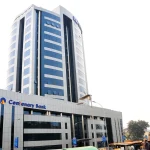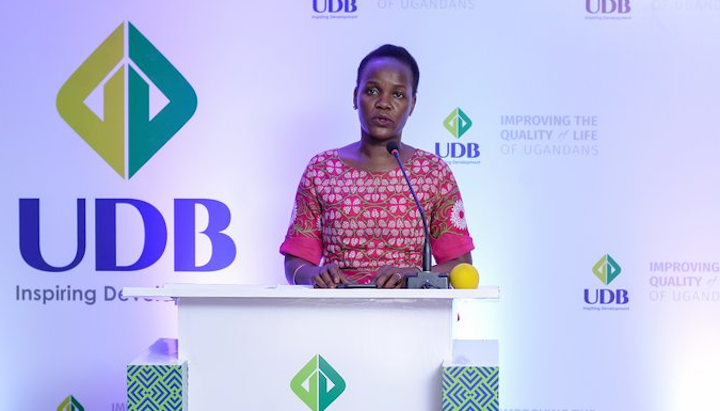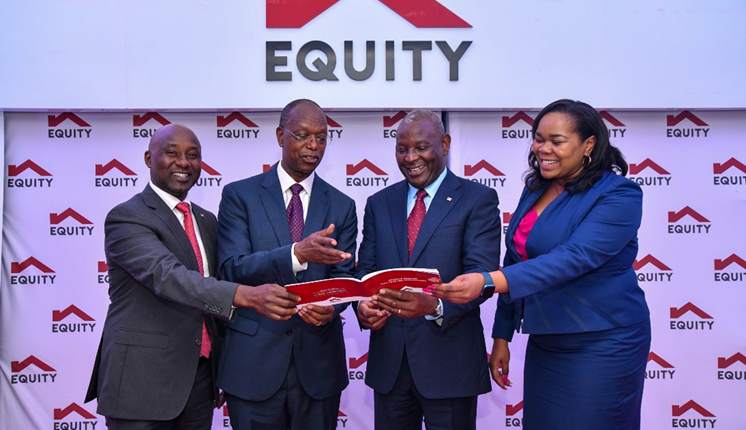In a conversation at the Trade and Development Bank (TDB) Annual General Meetings in Kigali, Rwanda, Patricia Ojangole, the Managing Director of the Uganda Development Bank (UDB), discussed the crucial role of Development Finance Institutions (DFIs) in promoting economic growth. She highlighted the importance of securing affordable and long-term capital and building strategic partnerships to fulfill their mandates.
Leading UDB’s Growth and Forging Strategic Partnerships
Since her appointment in 2013, Ojangole has overseen a period of remarkable growth for UDB. The bank’s balance sheet has expanded from $31 million to $500 million, and its loan portfolio has grown from $26 million to $430 million. This significant expansion has empowered UDB to finance sustainable development across vital sectors of Uganda’s economy, including agriculture, industry, and green finance.
Ojangole, recently named Banker of the Year 2025 and the first woman to chair the Association of African Development Finance Institutions (AADFI), emphasized that strategic partnerships are key to unlocking new sources of capital. She pointed to a recent $150 million loan agreement between Uganda and the Arab Bank for Economic Development in Africa (BADEA) as a prime example. The funds, channeled through UDB, will support key sectors like agro-processing, infrastructure, and health.
According to Ojangole, national development banks like UDB are uniquely positioned to serve as a conduit for multilateral development banks (MDBs) like BADEA. “National development banks… understand national priorities and can be a vehicle that MDBs can use to extend their mandate,” she explained.
Filling Market Gaps with Affordable and Long-Term Financing
Ojangole underscored that the primary purpose of national development banks is to address market failures and fill critical gaps, such as the shortage of long-term and affordable financing. She stated that the Ugandan government uses UDB to lower the cost of capital for private businesses. To achieve this, UDB secures funding from low-cost sources, often with government guarantees. This support has allowed the bank to offer competitive interest rates and longer repayment periods, which are essential for long-term investments.
Ojangole noted that while Uganda’s banking sector is liquid, commercial banks typically have short-term liquidity, creating a mismatch with the need for long-term capital for economic growth. UDB bridges this gap by securing long-term funding, often with tenures of 10 to 25 years, enabling it to provide the stable financing businesses need to thrive.
Building Capacity and Leveraging Domestic Resources
In addition to providing financing, UDB’s strategy includes de-risking small and medium-sized enterprises (SMEs) through capacity-building programs. Ojangole explained that the Business Accelerator for Successful Entrepreneurship (BASE) initiative provides entrepreneurs with masterclasses and mentorship to professionalize their operations. This training not only increases their chances of securing credit from formal financial institutions but also reduces loan default rates.
Looking ahead, Ojangole believes that African countries must increasingly leverage domestic capital markets to fund large-scale projects, particularly in infrastructure. To facilitate this, UDB is prioritizing project preparation, structuring viable projects to attract investment from local sources like pension funds. This initiative aims to strengthen Uganda’s capital markets and ensure domestic resources are effectively used to finance sustainable development.











